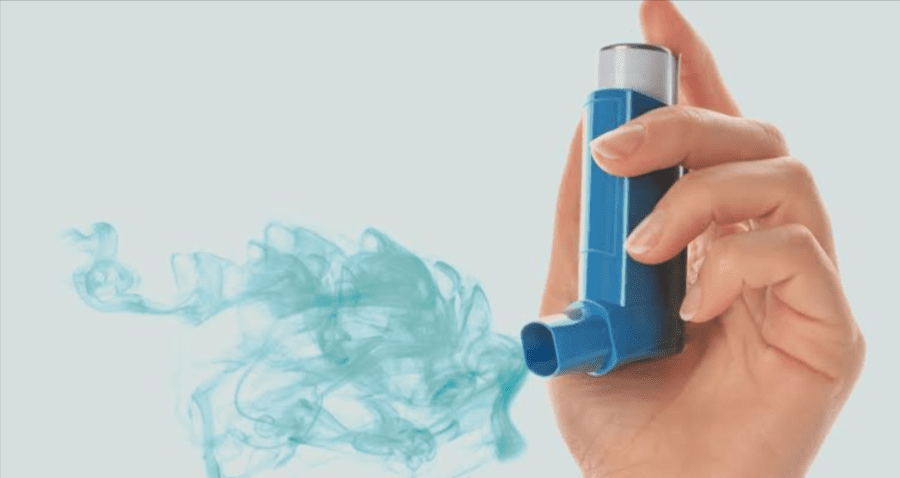Rational pharmacotherapy: climate protection starts in the doctor’s surgery
The healthcare sector is a major contributor to global COŌéé emissions. Rational pharmacotherapy offers practices the opportunity to significantly reduce their environmental impact – through conscious prescribing practices, environmentally friendly active ingredients and climate-conscious dosage forms.
Environmental impact of the healthcare sector
With a 5.2 % share of national greenhouse gas emissions, the healthcare sector in Germany is under pressure to act. The production, transportation and disposal of medicines in particular contribute significantly to this. Optimized pharmacotherapy not only offers more efficient patient care, but also an approach to reducing emissions.
Avoiding overmedication: effective climate protection
In western industrialized countries, up to 30% of medical services are superfluous, leading to avoidable emissions and resource consumption. Targeted prescribing practices, based on guidelines such as those of the Patient Safety Action Alliance, not only minimize duplicate prescriptions, but also protect the environment.
Proton pump inhibitors as an example
With 3.8 billion daily doses in Germany alone, proton pump inhibitors (PPIs) are a prime example of overmedication. They are often taken for longer than necessary. A stricter indication and patient education are crucial here in order to avoid unnecessary prescriptions and ecological burdens.
Environmentally friendly active ingredients: Sustainable alternatives to reduce
pollution
Pharmaceutical residues are a growing environmental problem. In Germany, over 400 active substances have already been detected in rivers, lakes and even drinking water. Substances with poor degradability or high bioaccumulation potential, such as antiepileptics, antihypertensives or iodinated X-ray contrast agents, are particularly problematic.
The “Green Pharmacy” approach aims to give preference to active ingredients with a lower environmental impact while maintaining comparable therapeutic efficacy. In Stockholm, the “Wise List” was developed between 2017 and 2021 to help doctors choose environmentally friendly alternatives.
One example of sustainable prescribing practice is the targeted selection of antibiotics: While some active ingredients, such as ciprofloxacin, degrade very slowly in bodies of water, others, such as penicillins or macrolides, are much more environmentally friendly. By consciously using medicines with low ecotoxicological potential, doctors can actively contribute to reducing the burden on the environment.
Environmentally harmful dosage forms: An underestimated climate factor
The choice of pharmaceutical form can also have a significant ecological impact. Metered-dose inhalers (MDIs) for inhalation are a particular focus, as they contain propellants that are harmful to the climate. The global warming potential of these gases is up to 3,000 times higher than that of COŌéé. After use, a residual amount of the propellant also remains in the cartridge, which makes it difficult to dispose of completely.
Powder inhalers (DPIs) are a climate-friendly alternative, as they do not require propellant gas and offer comparable therapeutic efficacy. The current S2k guideline “Climate-conscious prescription of inhalants” therefore recommends prescribing DPIs instead of DAs where medically justifiable.
A post-hoc analysis of a randomized, controlled study showed that switching from DA to DPI led to a significant reduction in greenhouse gas emissions – without any loss of asthma control. However, patients’ motor and cognitive limitations must be taken into account, as the use of DPIs requires a forced inspiratory maneuver.

Credits: Limbach Group
In addition to inhalants, other dosage forms can also be made more environmentally friendly. Blister packs made of aluminum have a high environmental impact due to the energy-intensive extraction of the raw material, while recyclable plastic packaging is a more sustainable alternative.
A sustainable healthcare sector as a goal
Implementing rational pharmacotherapy in practice means conserving resources without jeopardizing the quality of patient care. These measures not only promote sustainability, but also trust in modern, responsible medicine.
Literature:
- Health care without harm: Health care climate footprint report, 2019.
download - KlimaGesundPraxen: The path to a climate-neutral practice.
- Braithwaite, J., Glasziou, P. & Westbrook, J. The three numbers you need to know about
healthcare: the 60-30-10 Challenge. BMC Med 18, 102 (2020) . - DEGAM: S2e guideline Protection against overuse and underuse – deciding together (Living
Guideline), 2023. - Aktionsb├╝ndnis Patientensicherheit: Good prescribing practice in drug therapy.
- Ludwig WD, M├╝hlbauer B, Seifert R: Drug Prescription Report 2023, Springer-Verlag Berlin
- Targownik LE, Fisher DA, Saini SD. AGA Clinical Practice Update on De-Prescribing of Proton
Pump Inhibitors: Expert Review. Gastroenterology. 2022 Apr;162(4):1334-1342 . - Federal Environment Agency: Pharmaceutical residues in the environment, 2023.
- K├╝mmerer, K., Hempel, M. (2010). Green and sustainable pharmacy.
- Janusinfo Stockholm Region: Pharmaceuticals and Environment.
- S2k guideline Climate-conscious prescription of inhalants, 2024. AWMF register no. 053-059.
- Woodcock A, Janson C, Rees J, Frith L, L├Čfdahl M, Moore A, Hedberg M, Leather D. Effects of
switching from a metered dose inhaler to a dry powder inhaler on climate emissions and asthma
control: post-hoc analysis. Thorax. 2022 Dec;77(12):1187-1192 .
The respective companies are responsible for the content of the “Corporate News” section




